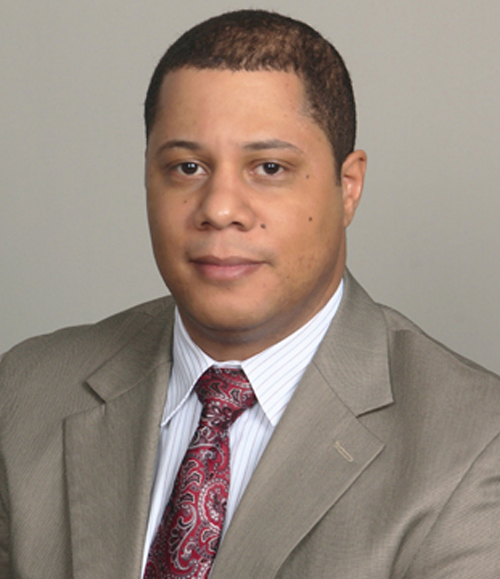Diversity Spotlight: Jay Kennedy
February 23, 2021
 How did you get involved with White Collar Crime Research?
How did you get involved with White Collar Crime Research?
I spent just under 9 years working in industry after completing my undergrad degree in criminology. I really enjoyed my time in industry, yet I saw a lot of unethical activities. I wanted to understand how corporate crime evolved from an individual and organizational perspective, as well as the ways in which these crimes could be prevented.
What brought you to academia after being involved in the private sector?
My position was eliminated. Lol. Simple as that. I had begun my MS in Criminal Justice prior to leaving industry and when I was let go I had a really good severance package that meant I could go back to school and not have to worry about money or health insurance for quite a while. It was an easy choice to pivot from working full time to completing my MS. Once in the program, I got the bug and was really encouraged by the faculty at Wayne State University to move on to a doctoral program.
How is academia different than the private sector?
In many ways it is not different, which is nice. In both I am a subject matter expert that has multiple opportunities to contribute to the growth and success of the team.
The ways in which it is different mostly relate to my ability to determine what it is that I do. The amount of autonomy and control over my work is much greater in academia than in industry, which is really helpful when it comes to engagement with a particular research/scholarly initiative. In industry, my activities were largely driven by client demands and the need to be responsive to rapidly emerging, and sometimes ever shifting opportunities to grow the business, which did not always excite or interest me.
Why is diversity important in the workplace? / What makes diversity important in the workplace?
First, there are multiple types of diversity that are important to have within the workplace. Diversity of thought, experience and ability are central to continual development and growth as divergent perspectives can push organizations to continually evolve, improve and adapt to changing conditions. As important is diversity in terms or race, ethnicity, gender and other demographic categories. Not only does demographic diversity enhance the diversity of thought and experience within the workplace, it also reflects a truly equitable hiring/selection process. If we as a society believe that race, ethnicity, gender, religion, etc. have no direct influence on intelligence, ability or capability then we should expect workplaces to reflect the general makeup of society. Yet, we all know that structural disadvantages concentrate within certain groups, thereby limiting opportunities for educational attainment, career growth, economic stability and the like. Workplaces that put an emphasis on diversity and employing a diverse workforce actively seek to address the negative impacts of these disadvantages by ensuring that all people have an opportunity to display their talents, skills and abilities.
When you hear “Black History Month” what do you think of?
To be honest, I really don’t care for the hyperfocus on Black culture during the month of February. I was always puzzled that the accomplishments and achievements of Blacks, as well as other marginalized groups, become the focus of attention during specific times of the year. Personally, I choose to celebrate Black achievements in my own ways throughout the entire year. Choosing to focus on these achievements during a single month distorts the reality that Blacks have made, and continue to make, substantial contributions to the world every day of every year. These achievements should be celebrated throughout the year as well.
Anything else you would like to mention?
I have never felt that my race defines who I am. It is a characteristic that I possess. One that has shaped and influenced my life experiences and continues to impact my interactions with the world at large, yet it does not define me. I am very happy that I am able to work with colleagues who see me for my contributions as a peer and value me for the work that I do, rather than the classifications used to categorize me.

